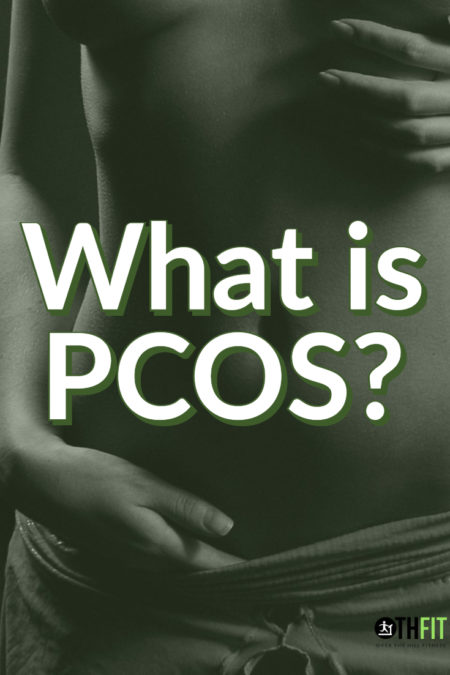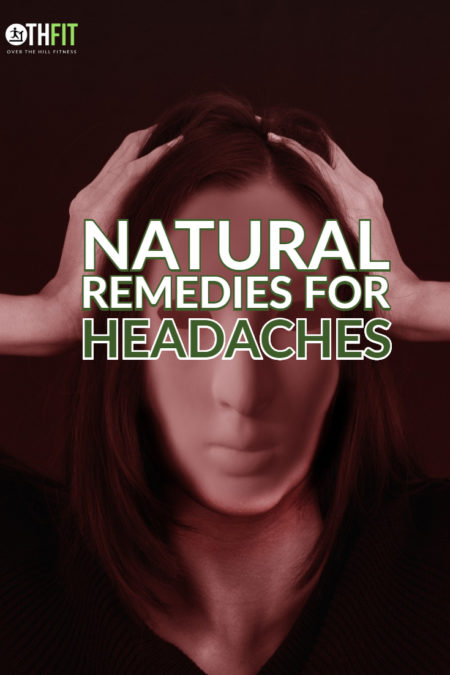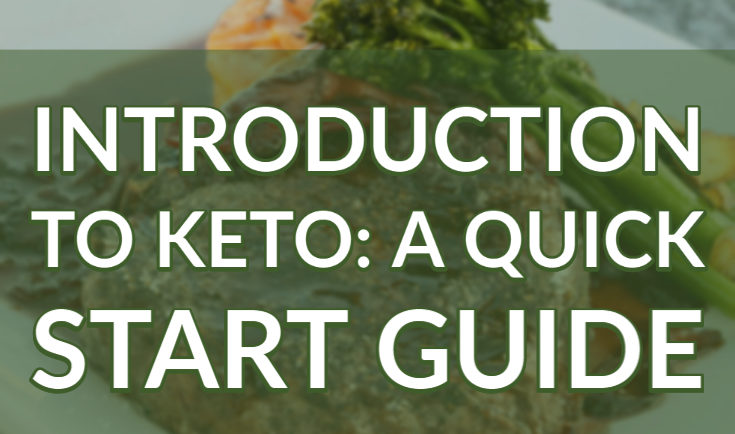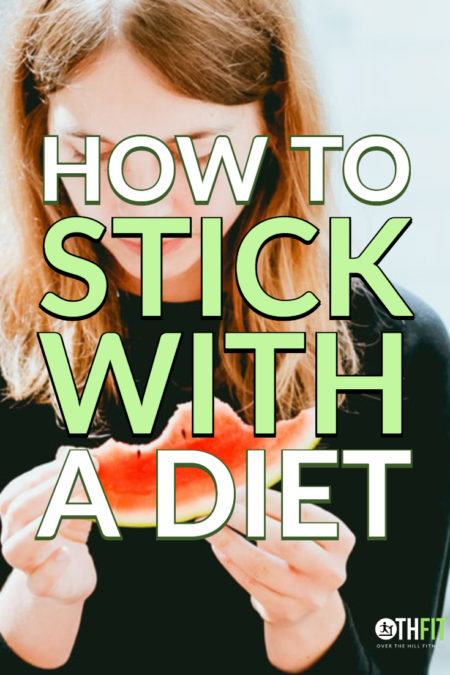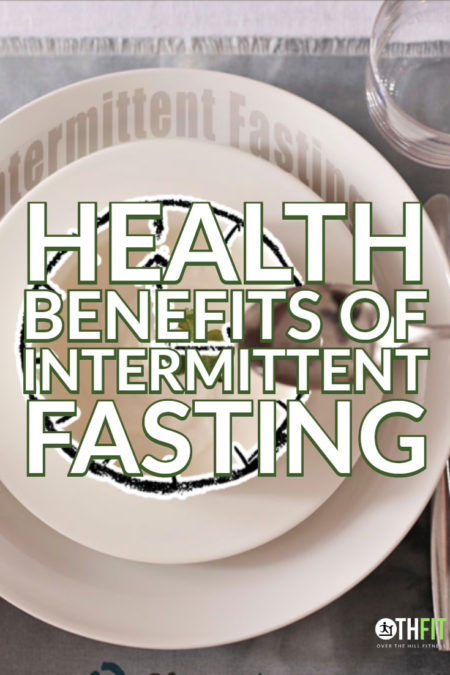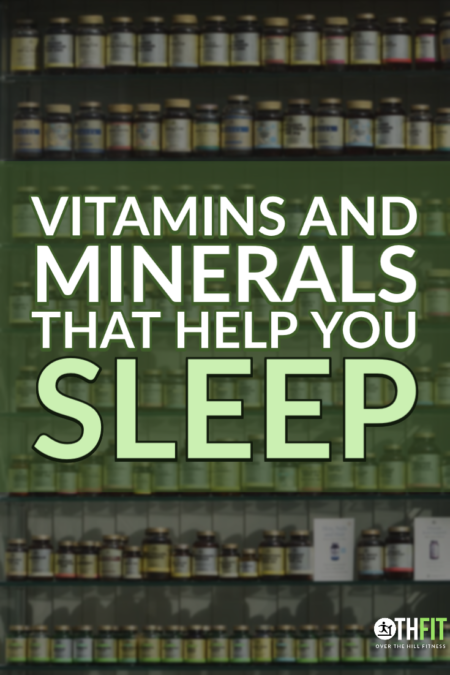
Vitamins and Minerals that help you sleep through the night
Sleeping through the night is critical for your physical and mental health. Even so more than half of all Americans often have trouble sleeping. Insomnia is very common and more and more people are turning to the pharmacy for answers. That may not be necessary as there are many foods that help you sleep when taken frequently.
The vitamins and minerals that you eat are critical to keeping your mind and body operating properly. When you are not getting enough sometimes the effects are difficult to see. This list of the critical vitamins and minerals for sleep should help you ensure that you are eating enough of each. We also have a list of natural sleep tips that can aid you in getting a good night’s sleep.
We understand that it isn’t always possible to eat in a way that provides everything we need. Where we thought it was relevant we have provided some suggestions for supplements that will help you sleep through the night. We personally have taken many of these and the research shows that they are effective for promoting healthy sleep.
Calcium
You probably associate calcium with its role in building strong bones and muscles. What is less commonly known is that calcium helps your brain process tryptophan into melatonin. Research has shown a link between calcium and deep sleep.
Dairy contains both calcium and tryptophan making it an excellent choice for late-night snacks. Other good sources of calcium are dairy, yogurt, kale, and leafy green vegetables. Many foods that wouldn’t naturally have calcium are offered with calcium added. For example, soy milk normally has added calcium.
Chamomile Tea
Chamomile tea has a very well deserved reputation for being relaxing and inducing sleep. This is due to the antioxidant apigenin. Apigenin is found in many plants but it is abundant in chamomile, parsley, oranges, and celery. There is evidence that apigenin has a calming sleep-inducing effect. Drinking a warm cup of chamomile tea is an excellent way to relax anytime.
Iron
Iron doesn’t directly assist with sleep the way that many other nutrients on the list. However, sleep problems are one of the lesser-known symptoms of iron deficiency. Having low iron levels can also cause restless leg syndrome which can make sleeping nearly impossible. If you are having persistent insomnia it is a good idea to have your iron checked.
Meat is the best way to get Iron in your diet. If your not a carnivore or on a high protein diet you can also get iron through a variety of other sources. Green leafy vegetables, like spinach, nuts, beans, lintels, dried fruit, and whole grains are some good non-meat options.
Magnesium
Magnesium is one of the most important minerals for many of your body’s natural functions. One of those functions is promoting healthy sleep through the production of GABA. GABA is a neurotransmitter that helps with sleep and relaxation.
Your body cannot produce magnesium so if you are not eating enough magnesium-rich foods it is important to take a supplement. We take a GABA supplement and a multi-vitamin that contains magnesium and have noticed a difference. A common myth states that magnesium is best absorbed through the skin but that is not backed by scientific findings.
Melatonin
Your body will naturally produce melatonin but taken occasionally a supplement can help to trigger sleep. It won’t cause you to get tired or fall asleep. It works by letting the bodies internal clock know it is time for sleep. We both will occasionally take melatonin supplements before bed to help fall asleep. It is especially useful during time changes for daylight saving or while traveling.
Omega 3s
Found in fatty fish and tree nuts, omega 3s are an essential fat that provides many important health benefits. One of those benefits is an improvement in sleep length and quality. So add sleep to the many reasons to eat more fish.
Potassium
Potassium is another critical mineral that can also aid in sleep quality. Its primary job is to facilitate communication between your nerves and muscles. Research indicates that taking potassium supplements has a direct impact on sleep quality.
L-theanine
L-theanine is an amino acid that is commonly found in tea leaves and some mushrooms. It promotes relaxation, assists in falling asleep and improves sleep quality. L-theanine works by increasing the levels of GABA, dopamine, and serotonin while also lowering chemicals that are linked with stress. Since tea contains caffeine the best way to get L-theanine for sleep is in supplement form. Black tea has lower caffeine than green tea if you can tolerate it.
Tryptophan
You recognize tryptophan as the reason that Thanksgiving turkey makes you tired. Tryptophan is an amino acid that increases serotonin and melatonin, both of which are known to improve sleep. Tryptophan supplements are commonly used to counter insomnia and also to help with mild depression and anxiety. Besides turkey dairy, eggs, nuts, fish, and beans are all really good sources of tryptophan.
Valerian Root
Valerian is a natural herb that has been used for centuries for relaxation, stress relief, and sleep. Valerenic acid, a compound found in valerian root, helps to inhibit the breakdown of GABA which is what causes the feelings of tranquility. This is the same method that Valium and Xanax use. It also contains many antioxidants, including hesperidin and linarin, that are helpful for sleep and stress relief.
Valerian root tea is a very good way to relax and get ready for bed at the end of the day. You can also get the effects by taking a supplement but if you enjoy the flavor the tea is better.
Vitamin B6
Having a deficiency in Vitamin B6 can cause you to have difficulties sleeping. This is because vitamin B6 is critical in converting tryptophan into serotonin, which regulates melatonin production. Since vitamin B6 isn’t stored in the body it is important to get enough every day.
You can get plenty of vitamin B6 by eating poultry, pork, fish, many vegetables, and eggs. If your on a diet that is lenient on carbs you can also eat oatmeal, whole-grain bread, and brown rice. If you follow a healthy diet you should not need to take a supplement just for vitamin B6.
Vitamin C
Vitamin C gets a lot of undue credit for things that are not supported by science. Still, studies have shown that vitamin C does reduce the production of stress hormones like cortisol. This not only helps to reduce stress but also helps you sleep.
If you think that vitamin c is only found in citrus you are wrong. Many foods have vitamin c that you may not be aware of. The most common are leafy greens, tomatoes, potatoes, broccoli, cauliflower, and green and red peppers.
Vitamin D
Vitamin D is actually considered to be a hormone and is naturally produced by your skin when exposed to the sun. There are too many health benefits of vitamin D to go into here but getting enough is important for your sleep.
Since very few foods contain Vitamin D most people use supplements to correct deficiencies. If you do choose to take a supplement there is conflicting information on when to take it for sleep. To be safe I would recommend taking it with food in the afternoon or in the morning.
Vitamin E
Vitamin E is a powerful antioxidant that is often associated with sleep. There is little research that I could find on taking vitamin E helps with sleep. However, I did find some research that vitamin E can reduce the memory impairment effects caused by lack of sleep. So I guess if you’re not sleeping taking some vitamin E might be helpful for memory.
I did find research that indicates that taking a very high dosage of vitamin E can increase your risk of stroke or heart attack. The study was done on people who were already high risk but for its limited benefit, I would strongly recommend staying away from vitamin E for sleep.
Don’t Overdo Supplements
It is best to get as many necessary vitamins and minerals through our diet. When that isn’t possible supplements provide a safe and convenient way to shore up on what’s missing. Like everything, they are best in moderation. Many of the vitamins and minerals on this list can be dangerous in large doses or over long periods of time. Please follow the safety information provided and talk to your health professional before making changes to your diet.
Thanks for Reading!
I really appreciate your time. I hope that this helps you eat the foods that help you sleep. If you found it useful please share this with your friends. If you have any comments I would love to hear them. Have a great day!
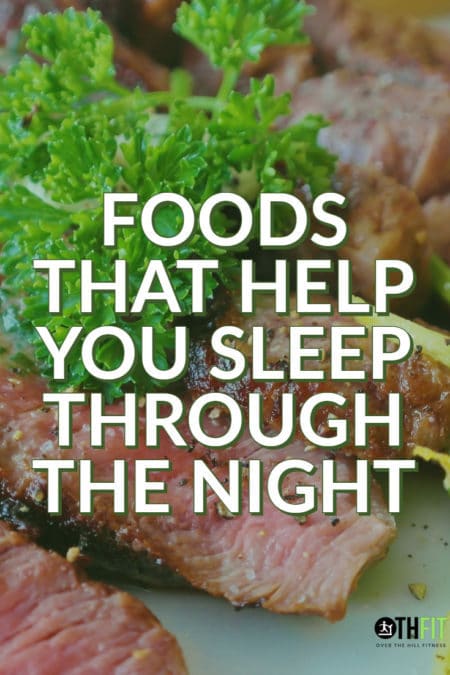
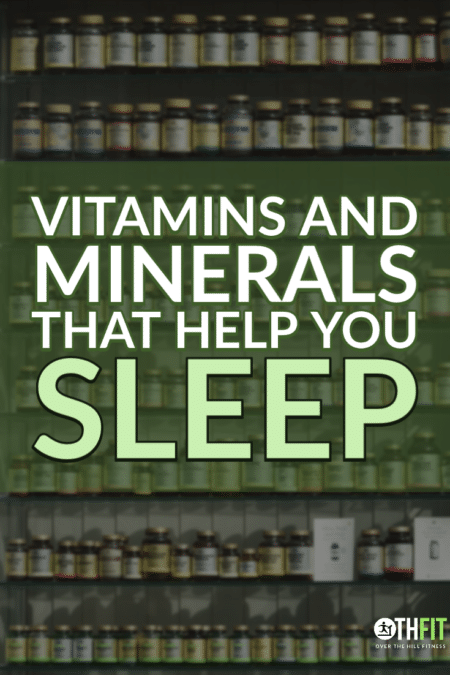
Sources:
- Enhancement of pentobarbital-induced sleep by apigenin through chloride ion channel activation
- Sleep Symptoms Associated with Intake of Specific Dietary Nutrients
- The relationship between micronutrient status and sleep patterns: a systematic review
- Magnesium Intake and Sleep Disorder Symptoms: Findings from the Jiangsu Nutrition Study of Chinese Adults at Five-Year Follow-Up
- Myth or Reality—Transdermal Magnesium?
- Assessment of subjective sleep quality in iron deficiency anaemia
- GABA mechanisms and sleep
- Day-time melatonin administration: effects on core temperature and sleep onset latency.
- Dietary fish intake and sleep quality: a population-based study.
- Potassium affects actigraph-identified sleep.
- GABA and l-theanine mixture decreases sleep latency and improves NREM sleep
- Valeriana officinalis root extracts have potent anxiolytic effects in laboratory rats.
- Vitamin C Prevents Sleep Deprivation-induced Elevation in Cortisol and Lipid Peroxidation in the Rat Plasma.
- The Association between Vitamin D Deficiency and Sleep Disorders: A Systematic Review and Meta-Analysis
- The neuroprotective effect of vitamin E on chronic sleep deprivation-induced memory impairment: The role of oxidative stress
